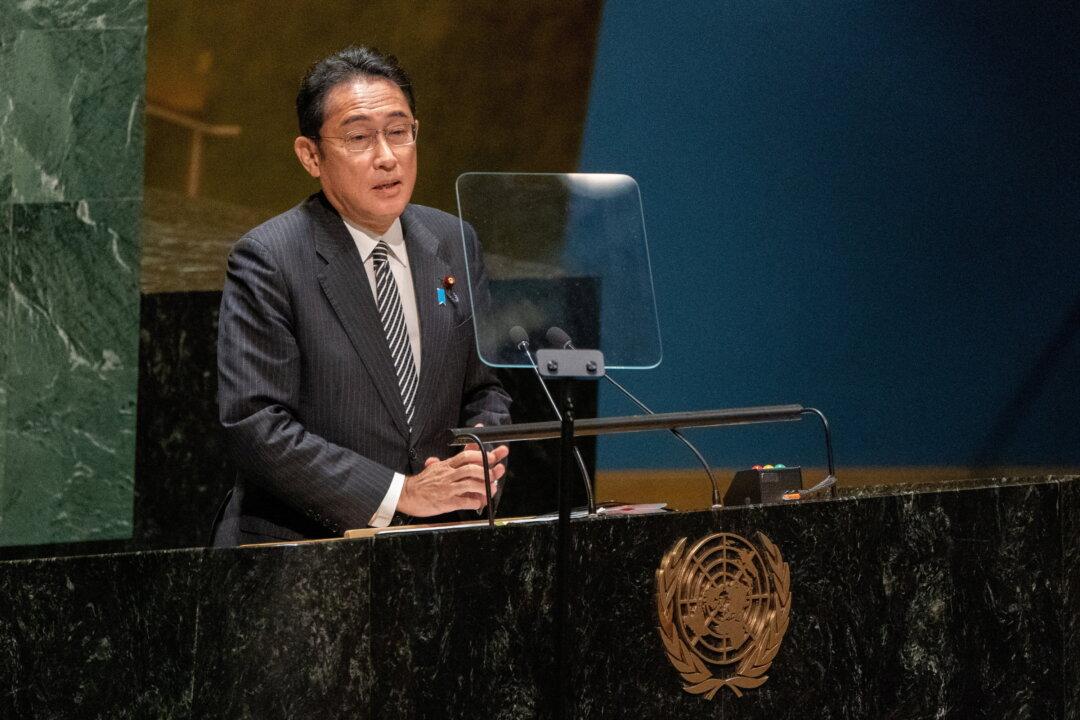Japan has pledged to contribute $30 billion over three years to support Africa’s development and economy as it seeks to enhance cooperation with the continent amid China’s growing influence.
“Japan aspires to be a partner growing together with Africa,” Japanese Prime Minister Fumio Kishida said in a virtual address to the 8th Tokyo International Conference on African Development on Aug. 27.





